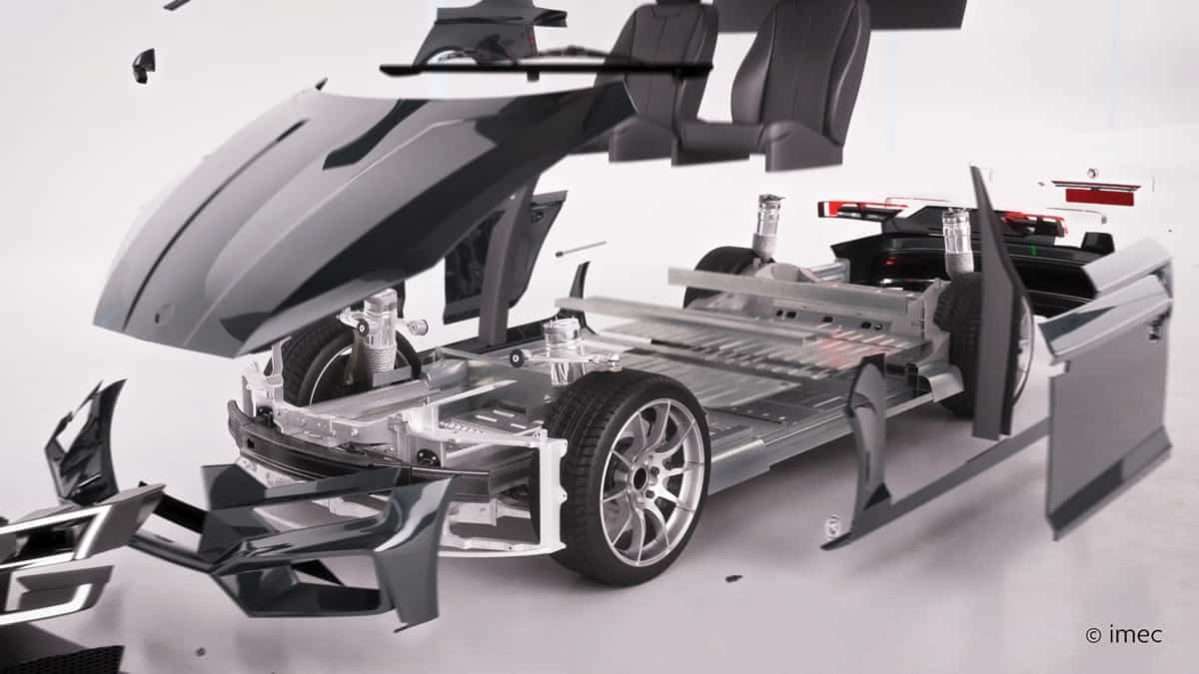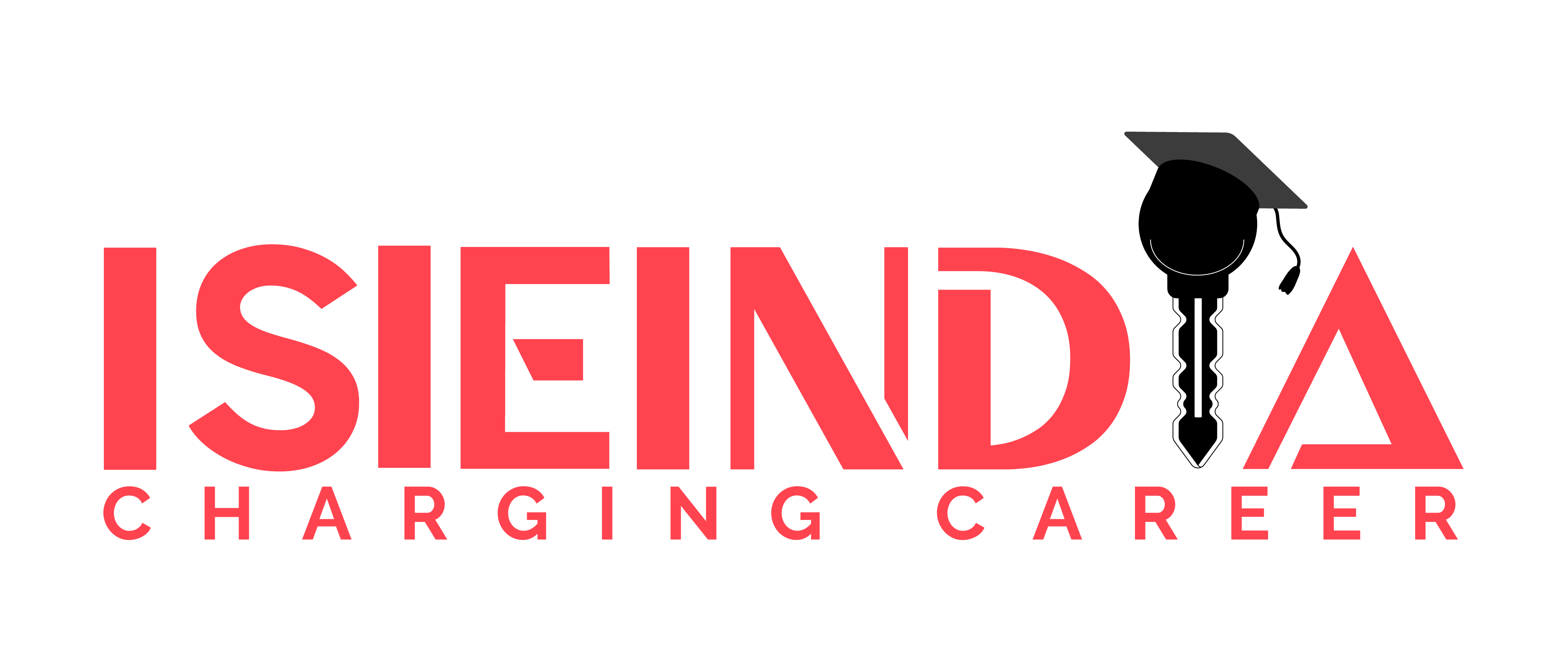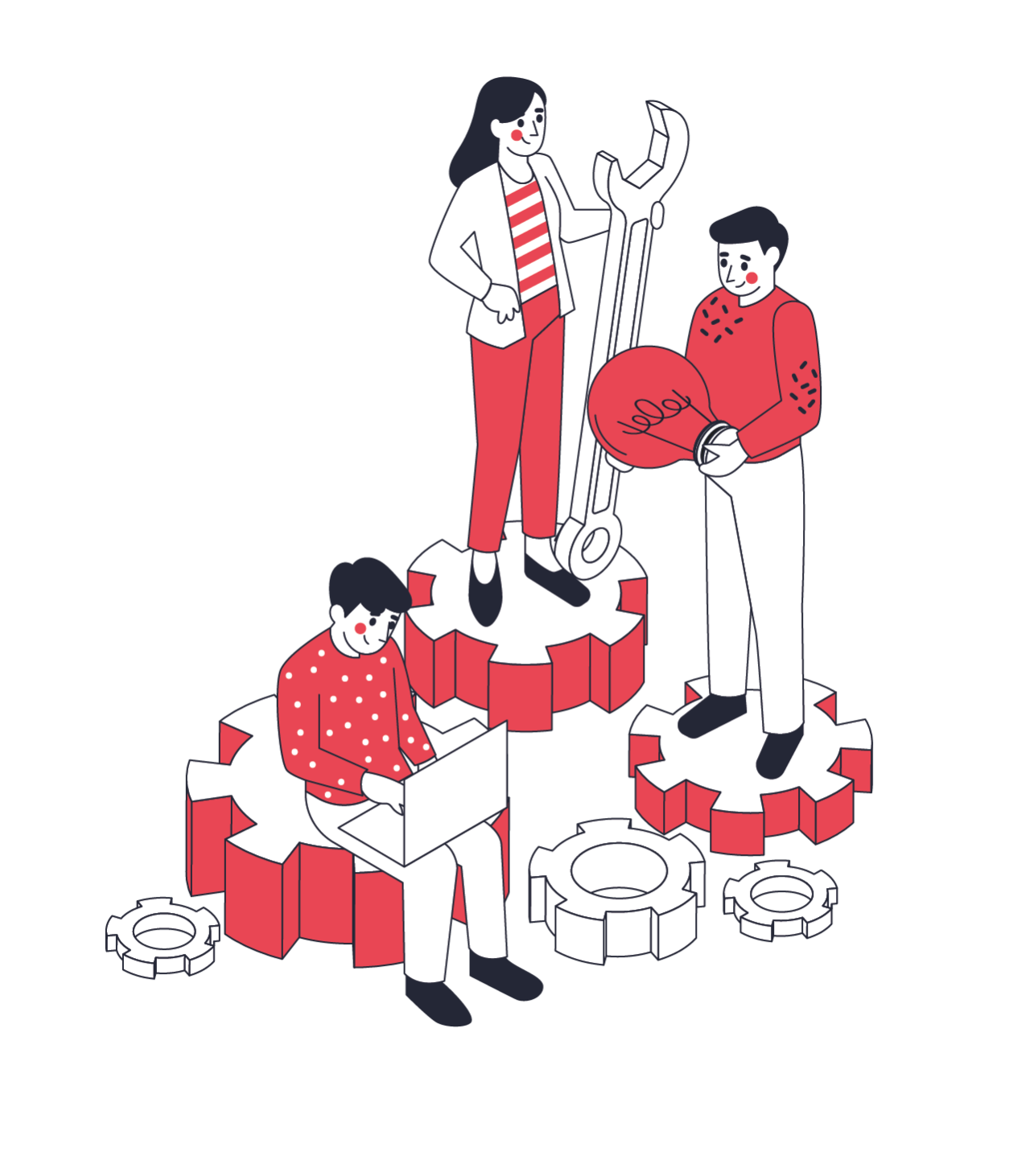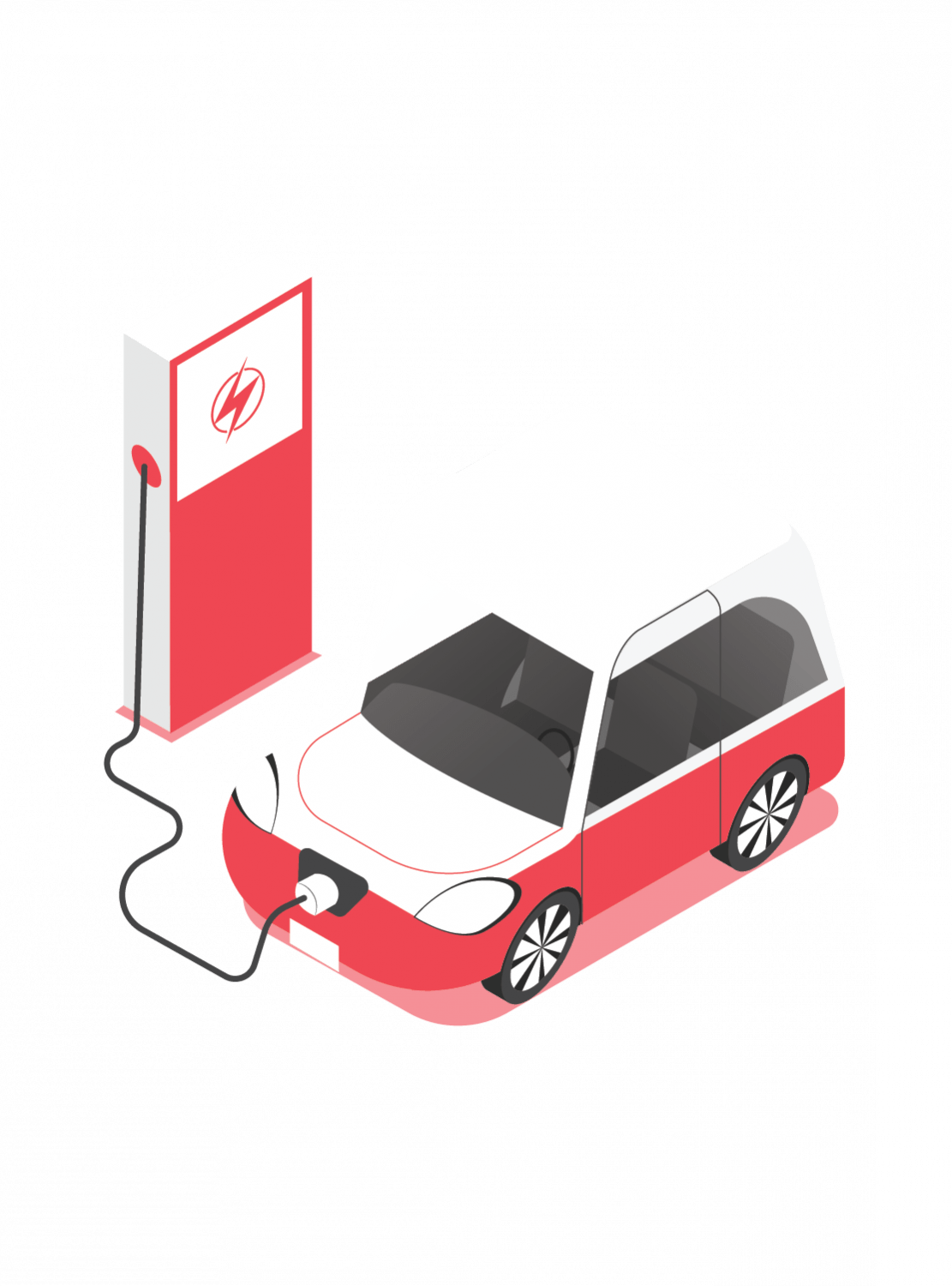Robots and AI Could Optimize Lithium-Ion Batteries
More than ever, batteries are essential since they power numerous electronics and cars and even allow certain experimental planes to fly.
Do You Know About: Robots and AI Could Optimize Lithium-Ion Batteries? New Research says this is an advanced study to say that this is ultimately working on battery formulation.
Some Study says more people use electric vehicles, laptop batteries that last months, and longer electric airline journeys. Because of this, scientists and engineers are continuously searching for the next significant advancement in batteries.
How Robot And AI Could Help to boost Battery
Modern technologies, such as electric cars and the newest smartphones, all rely on batteries whose chemistries are still primarily created manually by trial and error.
A recent study has shown that artificial intelligence can quickly guide robots to discover novel, improved battery compositions. On September 27, a group of researchers published their findings in the Nature Communications journal.
The traditional methods for creating new batteries can take years because scientists have to test out a wide range of potential components.
The requirement to accomplish numerous conflicting objectives, such as longer life, more capacity, quicker charging, and increased safety complicates this.
It can be tricky to sort through all the appealing potential combinations of all these components, with several salts, five or six or more solvents, and multiple additions.
Get Course: Battery Management System Certification Course | BMS | Motor
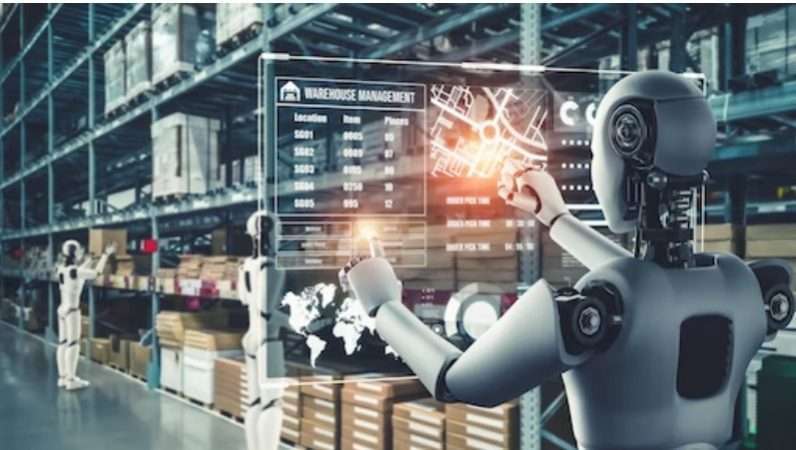
In the latest study, scientists aimed to speed up the development of batteries by combining a robotics platform called Clio with an AI called Dragonfly to determine the ideal mix of battery components automatically.
Whitacre compares it to mixing peanut butter with chocolate. While research co-senior author Venkat Viswanathan “is the computer-modeling machine-learning expert who wanted to take people out of the loop,” I am the fact-finding. Who has “always sought to discover a technique to mix up chemicals for batteries in an automated fashion.”
Also Read : Crypto market’s Future in India | The future of cryptocurrency in India.
Robots and AI Could Optimize Lithium-Ion Batteries Methods
The system independently found six electrolytes in 42 experiments spread over two working days, allowing for faster charging than a typical electrolyte composition.
This method came up with the new chemical six times faster than it probably would have through a random search.
The researchers remark that compared to a typical human operator, their system probably performs more experimental measurements each day and utilizes around 30% as much lab equipment.
These tests were conducted to develop a battery that charges more quickly. The researchers point out that this system can pursue numerous goals at once. They claim that in the future, their approach might end up being 20 to 1,000 times more effective than hiring individuals to do this work.
